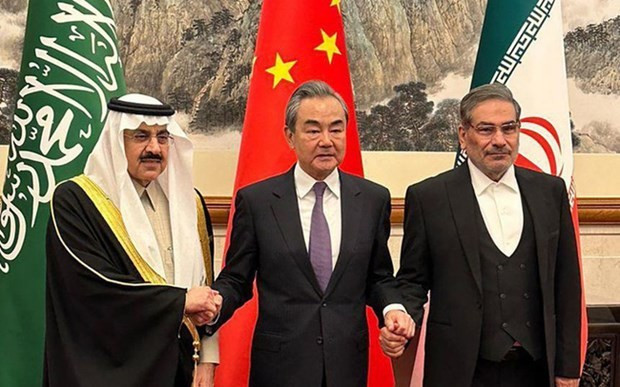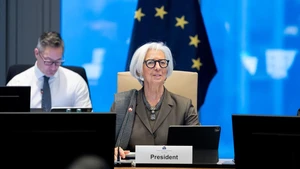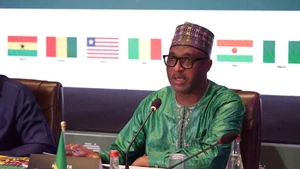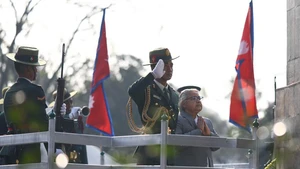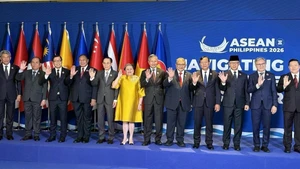The Iranian and Saudi Arabian media both quoted a joint statement issued by the delegations of the two countries, after the discussion in China, stating that Iran and Saudi Arabia agreed to resume diplomatic relations and within the next two months, will reopen embassies and diplomatic missions in each country.
The joint statement emphasised that Iran and Saudi Arabia respect national sovereignty and do not interfere in each other's internal affairs. The two countries agreed to restart bilateral cooperation agreements on security, trade, investment and culture.
Relations between Iran and Saudi Arabia have long been strained, as the two sides have been said to support opposing sides in several regional conflicts.
Saudi Arabia has sided with the internationally recognised government in Yemen, while Iran has backed the Houthis. In Lebanon, Riyadh has sided with Sunni Muslim politicians, while Tehran has supported the Shiite militia Hezbollah. In Syria, Iran has backed President Bashar Assad's government, while Saudi Arabia has sided with the rebels. In 2016, Saudi Arabia and Iran severed diplomatic relations.
Over the last two years, Iran and Saudi Arabia have sought to improve bilateral relations. April 2021 marked the first face-to-face talks in Iraq, between Iranian and Saudi Arabian officials, to mend relations.
From April to September 2022, at least four rounds of negotiations between Iran and Saudi Arabia were held, with the intermediary role of Iraq and Oman. The agreement to restore diplomatic relations between Iran and Saudi Arabia was reached on March 10, after negotiations in China and is considered a turning point to bring Iran and Saudi Arabia closer together.
Director of the Office of the Central Foreign Affairs Commission of the Chinese Communist Party Wang Yi said, that the restoration of diplomatic relations between Iran and Saudi Arabia is a victory for dialogue and peace. Congratulating Riyadh and Tehran on taking historic steps and achieving important results in improving bilateral relations, Wang Yi affirmed that China is a reliable friend of both countries and is willing to continue to play a constructive role.
China has made significant marks in its efforts to contribute to stabilising the situation in the Middle East. In December 2022, Chinese President Xi Jinping visited Saudi Arabia and attended the first summit between China and the six members of the Gulf Cooperation Council (GCC). In February 2023, the Chinese President hosted President Ebrahim Raisi, marking the first state visit of an Iranian leader to Beijing in 20 years.
A spokesperson for the US National Security Council said that the US government has received information about the restoration of diplomatic relations between Iran and Saudi Arabia. Washington welcomed all efforts to reduce tensions in the Middle East region.
The European Union (EU) believed that Saudi Arabia and Iran both play an important role in regional security, so the restoration of diplomatic relations between the two countries can contribute to stabilising the entire region.
The spokesperson for the Secretary-General of the United Nations welcomed the agreement reached between Riyadh and Tehran. The GCC Secretary-General expressed his hope that the agreement between Saudi Arabia and Iran will contribute to enhancing security and peace.
According to the Nour News Agency, on March 16, the Secretary of the Supreme National Security Council of Iran and several senior economic and banking officials visited the United Arab Emirates. This continued to be a positive signal in relations between Iran and Gulf countries.
The efforts of countries in the region to clear up misunderstandings and problems, have gradually narrowed differences and strengthened cooperation, to bring practical benefits, contributing to cooling down the Middle East “fire pan”, creating peace, and stability, overcoming challenges and developing together.
